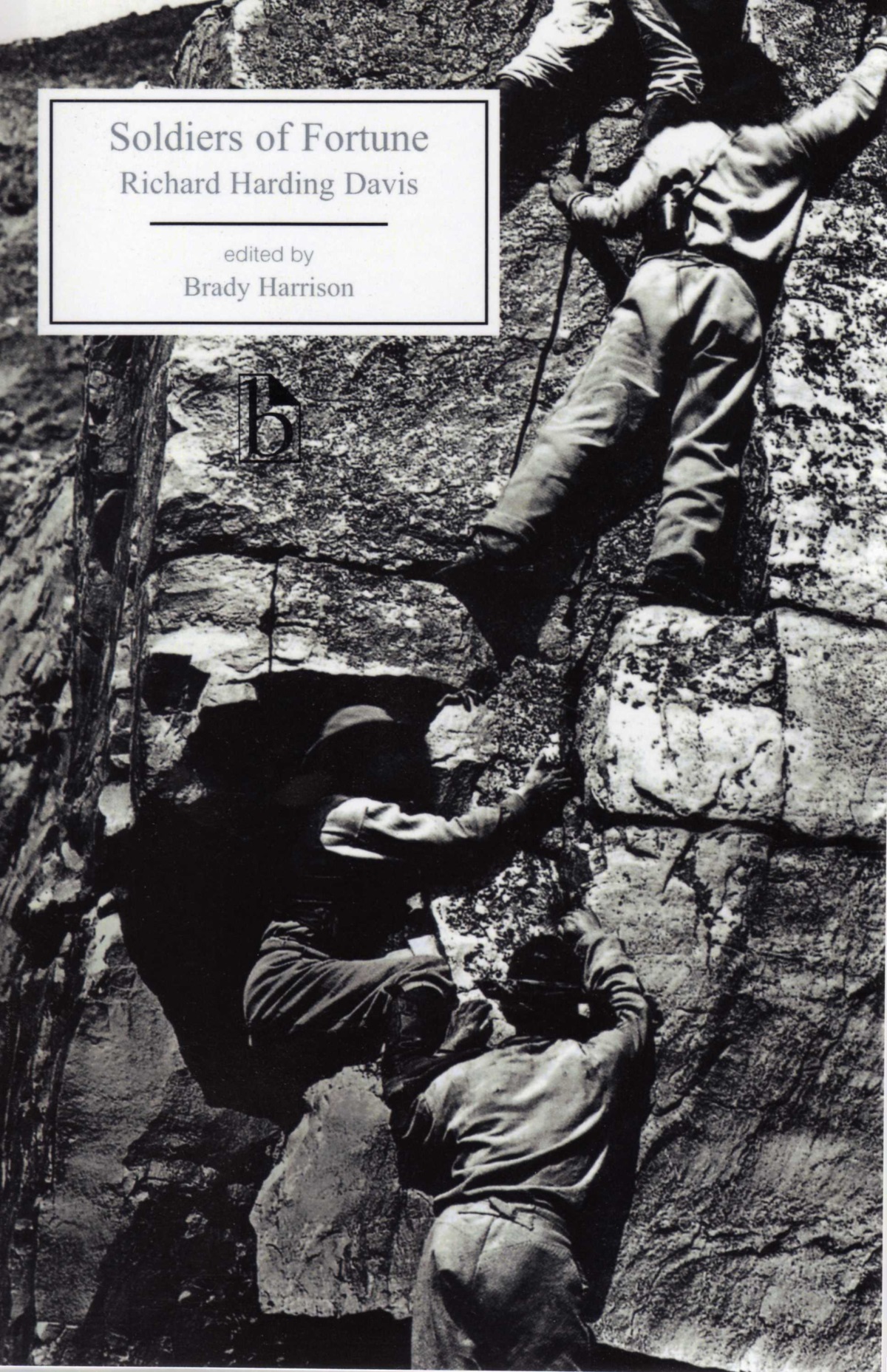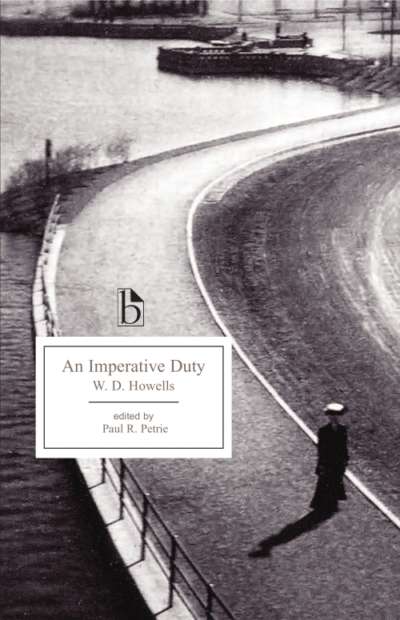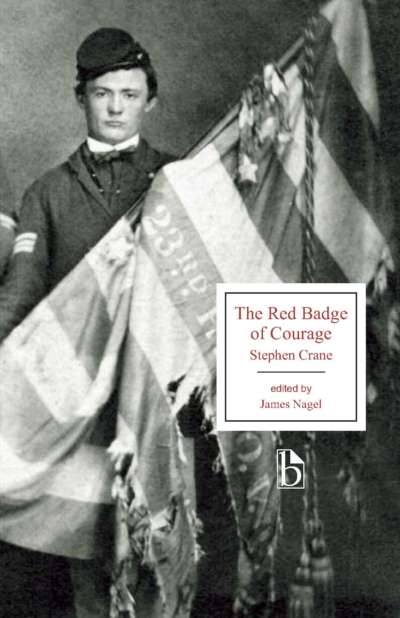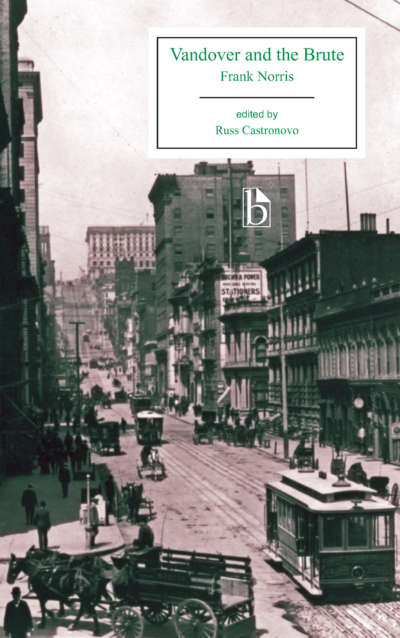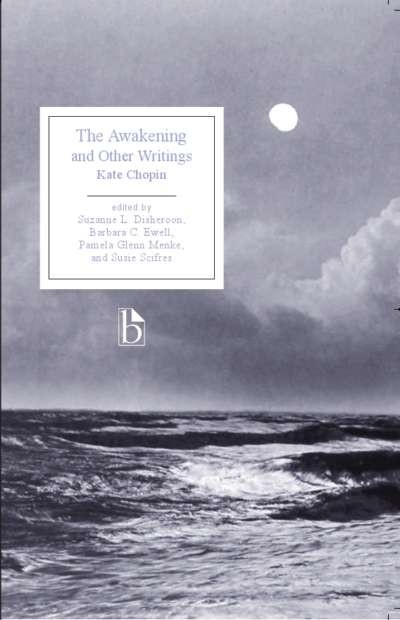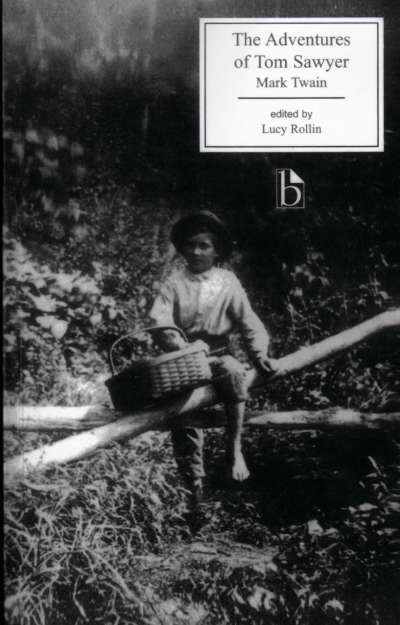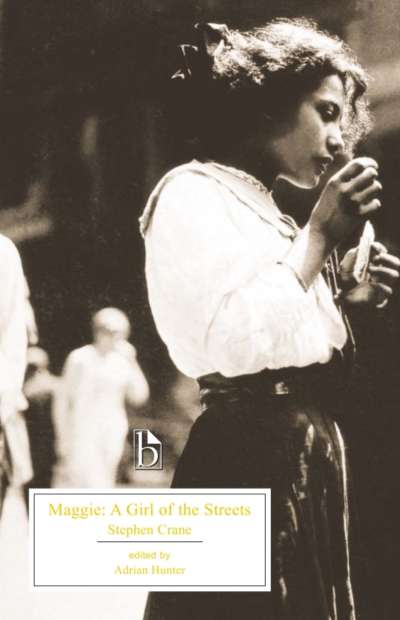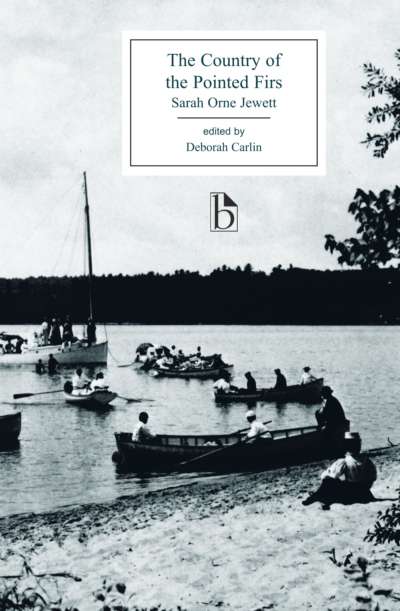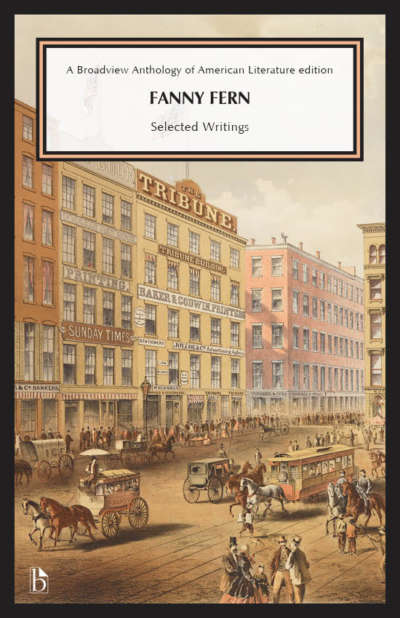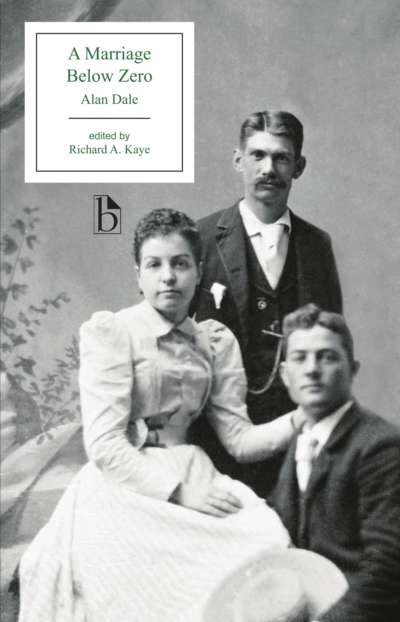
A romance of America’s nascent imperial power, Richard Harding Davis’s Soldiers of Fortune recounts the adventures of Robert Clay, a mining engineer and sometime mercenary, and Hope Langham, the daughter of a wealthy American industrialist, as they become caught up in a coup in Olancho, a fictional Latin American republic. When the coup, organized by corrupt politicians and generals, threatens the American-owned Valencia Mining Company, Clay organizes his workers and the handful of Americans visiting the mine into a counter-coup force. Written on the eve of the Spanish-American War, Soldiers of Fortune casts the young American as the dashing, hypermasculine hero of the new military and economic. A huge best-seller, the novel did its part to push the nation into war against Spain, and stands as one of the most important texts in the literature of American imperialism.
The appendices, which bring together primary materials by writers and politicians such as Rebecca Harding Davis, Theodore Roosevelt, Jose Martí, Mark Twain, Herbert Spencer, and others, address such issues as social Darwinism,
masculinity, and ideas of Anglo-American superiority.
Comments
“Richard Harding Davis’s Soldiers of Fortune was one of the most popular ‘imperial fictions’ of the late nineteenth century, and it remains essential reading for anyone interested in understanding U.S. imperialism at the turn into the twentieth century (and beyond). Brady Harrison’s excellent edition brilliantly situates the novel in relation to the Spanish-American War and the longer history of U.S. imperialism in the southern Americas. The carefully selected primary materials bring to life contemporaneous debate on a range of topics relevant to the novel, and the introduction and annotations illuminate key biographical, literary, and cultural contexts. Whatever one thinks of Davis's politics, his novel is a great read, and this is the best edition of Davis currently in print.” — Robert S. Levine, University of Maryland
Acknowledgements
Introduction
Richard Harding Davis: A Brief Chronology
A Note on the Text
Soldiers of Fortune
Appendix A: Images of Davis
- Davis as he looked when he first came to New York in 1890
- The Three Gringos
- Davis in his Spanish-American War kit
- Davis and Theodore Roosevelt at the beginning of the Spanish-American War
Appendix B: How Others Saw Davis
- Booth Tarkington, “Richard Harding Davis” (1916)
- From Theodore Roosevelt, letter to James Brander Matthews (6 December 1892)
- From Theodore Roosevelt, letter to James Brander Matthews (30 January 1894)
- From Stephen Crane, letter to Nellie Crouse (26 January 1896)
- From Frank Norris, “Van Bubbles’ Story” (1897)
- Theodore Roosevelt, “Davis and the Rough Riders” (1916)
Appendix C: Reviews of Soldiers of Fortune
- New York Times (5 June 1897)
- The Critic (5 June 1897)
- The Atlantic Monthly (December 1897)
- The Nation (20 January 1898)
Appendix D: Social Darwinism, Survival of the Richest, and Other Notions of Anglo-American Superiority
- From Herbert Spencer, Social Statics (1897)
- From Charles Darwin, The Descent of Man (1874)
- From Rebecca Harding Davis, “Life in the Iron-Mills” (1861)
- From Andrew Carnegie, The Gospel of Wealth (1900)
- From Theodore Roosevelt, “The Expansion of the White Races” (18 January 1909)
Appendix E: Davis and Others on American Masculinity
- From Richard Harding Davis, Captain Macklin (1902)
- From Richard Harding Davis, “William Walker, The King of the Filibusters” (1906)
- From Theodore Roosevelt, “The Strenuous Life” (10 April 1899)
- From William James, “Letter on Governor Roosevelt’s Oration” (15 April 1899)
Appendix F: Davis and Others on American Imperialism
- From John L. O’Sullivan, “Annexation” (July 1845)
- From José Martí, “Cuba and the United States” (1889)
- From Richard Harding Davis, Three Gringos in Venezuela and Central America (1896)
- From Mark Twain, “To the Person Sitting in Darkness” (1901)
- From Theodore Roosevelt, “The Administration of the Island Possessions” (22 August 1902)
Select Bibliography
Brady Harrison is Associate Professor of English at the University of Montana. He is the author of
Agent of Empire: William Walker and the Imperial Self in American Literature (University of Georgia Press, 2004).


